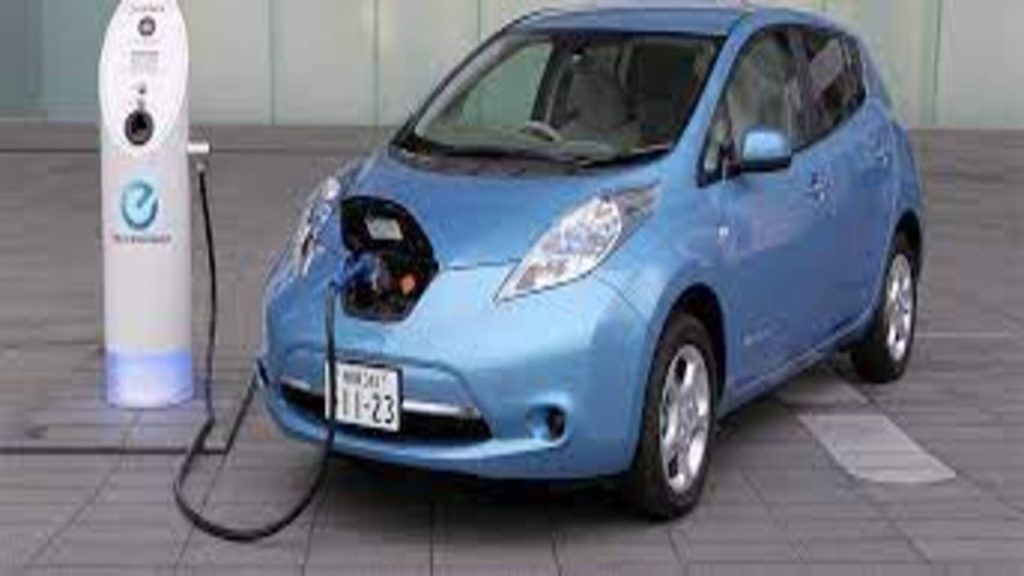Pakistan is currently facing a series of problems urgently need to be addressed, including environmental destruction and energy import, and the like. Among the import bill, Pakistan’s oil imports are costly, accounting for about 14% of its total import quota.
Due to which Pakistan has to face trade deficit on a large scale. To make matters worse, unusual changes in weather are happening in the country. The worst flood in Pakistan last year was totally enough to open the eyes in this regard. While Pakistan needs international assistance to deal with these two challenges, it should also overcome these problems through own policies.
In order to solve these problems, there is a need for revolutionary changes in the transport sector in Pakistan. To a large extent, Pakistan urgently needs to promote a deep change from gasoline to electric vehicles. As a densely populated country with congested traffic, only by reducing the proportion of fuel consumption in the transportation sector as much as possible can Pakistan gradually reduce its dependence on imported high-priced energy. Because electric vehicles will not only significantly reduce the import bill of petrol, but also eliminate relevant carbon emissions.
When we talk about electric vehicles, our eyes inevitably go to China. The reason for this is that China has consistently been the largest manufacturer of electric vehicles for the last eight years and Pakistan needs to join forces with the Iron Brother and its companies in local new electric vehicle market.
In this regard, ICT Belt and Road Union Shanghai organized a seminar a few days ago, whose delegates either participated in person or through video link. There were around 100 Pakistani and Chinese participants who belong to different sectors of electric vehicles related industry such as new energy, transportation, industrial chain parts, leading design and manufacturer associations, etc.
Speaking at this seminar, Ms. Zhao Baige, the Vice-Chair of the 12th NPC Foreign Affairs Committee of the People’s Republic of China, noted that regarding the fourth industrial revolution, it should be kept in mind that electric vehicles are an essential part. At the same time, the Consul General of Pakistan mentioned the policies that the Government of Pakistan have been adopted to develop this industry. The federal government and all provincial governments of Pakistan have reduced the registration fees for electric vehicles, not vehicles that use petrol as fuel. Apart from this, in order to attract the interest of investors, the government has adopted zero tariffs on imported charging infrastructure, while only 1% tariffs are imposed on certain components of imported electric vehicles.
Currently, many Chinese companies are involved in electric vehicle business in Pakistan. Prominent companies among them are BYD, Chery, MG, BAIC, DFSK, CHANG’AN, GWM, FAW. In Pakistan that electric vehicles have not been adopted in the society on a large scale, and the government should further increase support for related industries, because the reform of the energy industry is indeed imminent.
The Pakistan Bureau of Statistics (PBS) stated that, in 2022, the number of registered motor vehicles cars was 32 million while 34 million were on road. Of these vehicles, only a little over 8,000 are electric vehicles and motorbikes.
The low penetration rate of electric vehicles is due to the backwardness of infrastructure on the one hand and the lack of public awareness of electric vehicles on the other hand. In order to promote the awareness, there is a need to conduct a campaign at the government level so that our public can fully realize the fact that it is in their interest to use electric instead of petrol vehicles.
Currently, the Engineering Development Board of Pakistan has issued licenses to twelve companies for manufacturing and assembling these vehicles in Pakistan, including MG Motors and Dice.
In order to achieve the goal of a large-scale shift to electric vehicles, in addition to raising public awareness mentioned above, infrastructure upgrades are also essential. According to the report issued by the State Bank of Pakistan and the Asian Development Bank, Pakistan needs at least 25,000 charging stations by 2030. The government’s increasing investment in charging facilities is undoubtedly the top priority for the next step.





